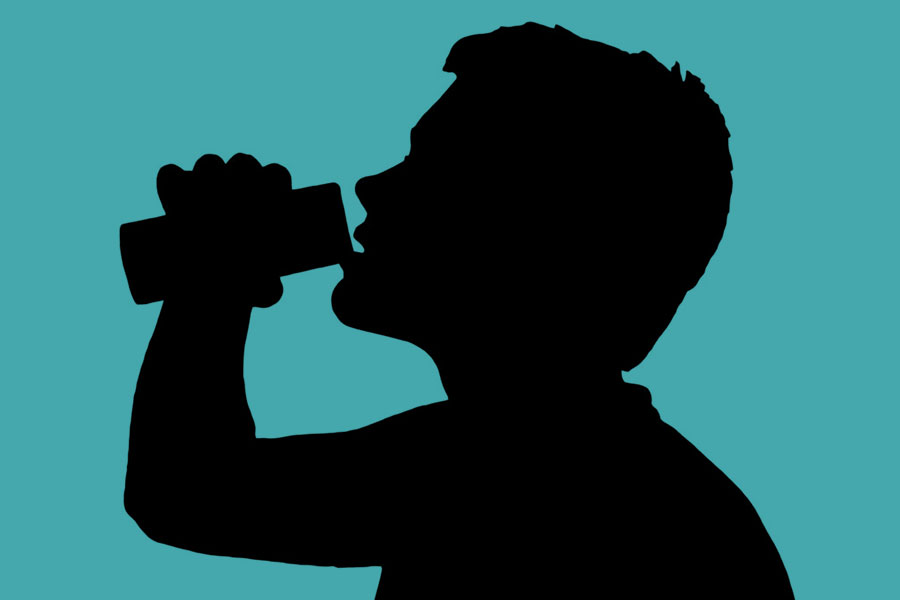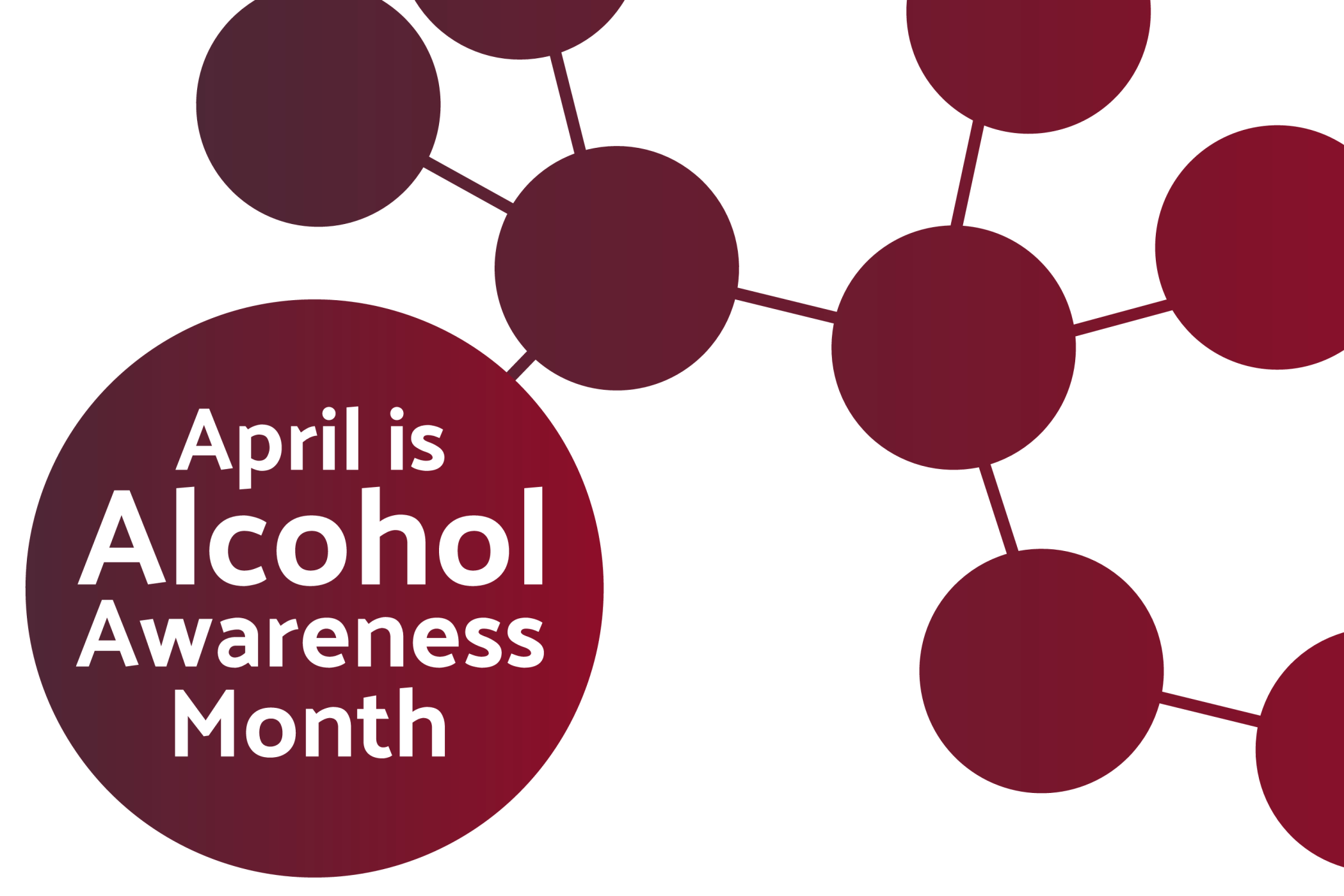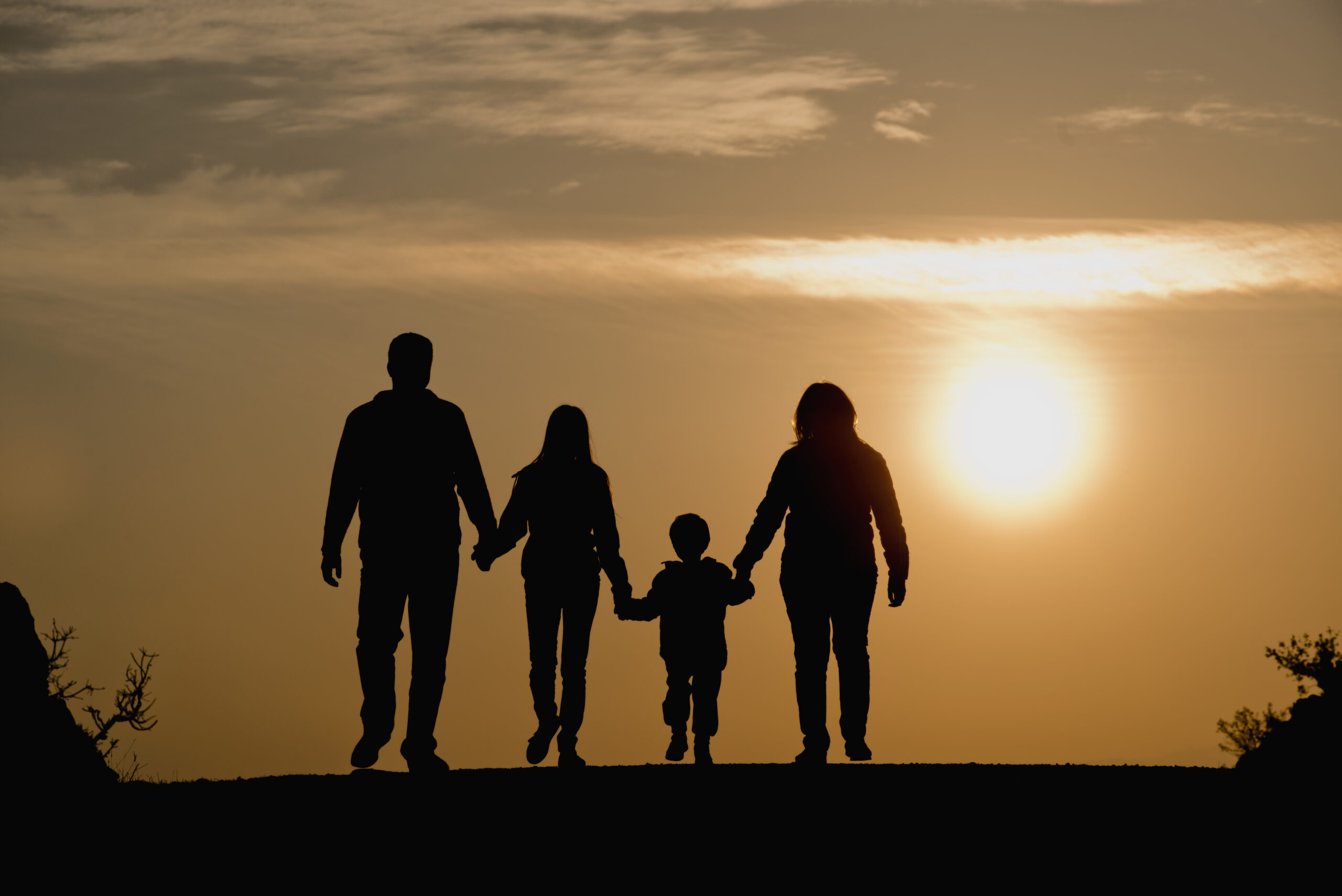Alcohol Facts for Kids: The Truth About Teenage Drinking

Start the conversation about the perils of underage drinking with your kids by giving them all the facts and up-to-date research.
You need to start teaching your children about the dangers of teenage drinking when they are young, which is probably before you are ready. Underage drinking starts earlier than most parents consider, with sometimes heartbreaking consequences. Thirty-eight percent of eighth-graders have had alcohol at least once, according to the North Carolina Department of Public Instruction. Experts with SAMHSA recommend starting the conversation with your children when they are 9 years old.
Children need to understand the effects of alcohol on the developing brain, as well as the facts and research to help them make the right choices and combat peer pressure. Talking to your kids doesn’t need to be a big production, especially if you have the facts ready.
Prepare yourself for this tough conversation by understanding the alcohol facts your kids need to know.
Underage Drinking Starts Early
The average age most youths try alcohol for the first time is just 14 years old. About 10 percent of 12-year-olds say they have tried alcohol. By age 15, that number jumps to 50 percent, so it’s never too early to start the conversation with your children. In the meantime, model appropriate alcohol consumption in your home and spend time with your children. Teens who regularly eat dinner with their families are less likely to drink, smoke, or use drugs, the American Public Health Association reported.
Hinders Brain Development
The effects of alcohol on the developing brain are sobering. If a teenager uses alcohol before his or her brain is fully formed, it can keep the good judgment and impulse-control part of the brain from properly developing. Plus, early alcohol consumption can damage the memory and learning areas of the brain, according to a report by Duke Health. In addition, a study of rodents exposed to “binge” levels of alcohol during adolescence revealed that, as adults, the rats could be more uninhibited and impulsive than unexposed animals. Binge drinking can increase anxiety and may set kids up for other mood problems in adulthood.
Teens are also at risk because alcohol impacts their brains differently than adults. Adolescents are more sensitive to the effects of drinking than adults when it comes to impairment of motor coordination and sedation, the National Institute on Alcohol Abuse and Alcoholism reported. As a result, teens are more likely to binge drink, which can lead to challenges in school and trouble sleeping, among a myriad of other problems.
Underage Drinking is Dangerous
Not only is underage drinking a health concern, but it’s also a major safety issue. More teens die because of alcohol use than all other illicit drugs combined. At least one-third of teen traffic deaths are alcohol-related. Even teens who abstain from alcohol are at risk if they get into a car with an alcohol-impaired driver. While drunk driving is on the decline among teens and young adults, it is still a concern. At least 17 percent of 16- and 17-year-olds who died in car crashes had blood alcohol levels above the legal limits, according to the Insurance Institute for Highway Safety.
Leads to Dangerous Drug Use
Underage drinking can set children on a path to drug addiction. Teens who drink are more likely to try more dangerous substances. In fact, children who drink are 7.5 times more likely to use other illegal drugs and 50 times more likely to use cocaine than young people who never drink, the Foundation for a Drug-Free World reported.
Despite the sobering statistics, you can take steps now to prevent underage drinking in your family. Here’s how you can start the conversation with your youngsters. One easy way to get the ball rolling is to take advantage of the situation when it presents itself. Launch the conversation after a commercial on television or when you are looking at the drink menu in a restaurant. When the chance arises, take it! Another tip is to ask open-ended questions and don’t lecture. Take time to listen to what your child has to say. When you truly stay quiet and just listen, your child is more likely to chat with you when they do encounter a problem in the future.
Alcohol is never the answer, and underage drinking can have a lasting impact. Take the pledge to be safe around alcohol and teach your children about underage drinking.



